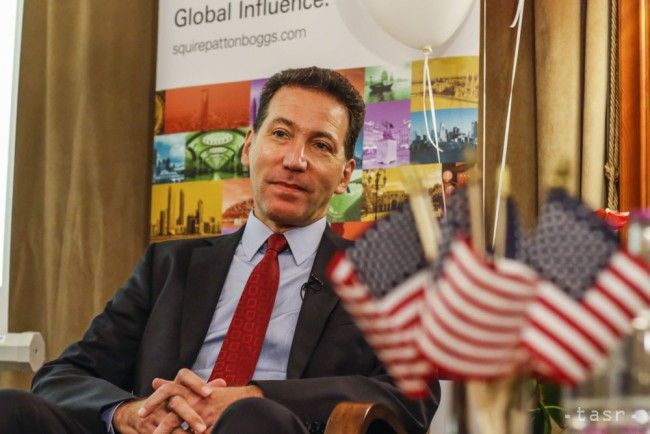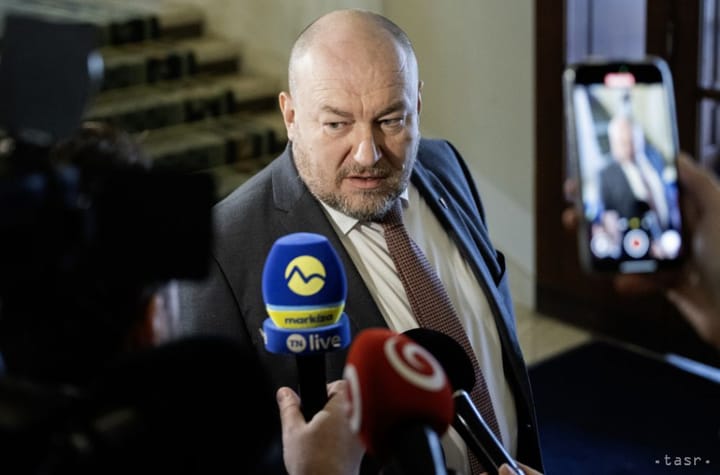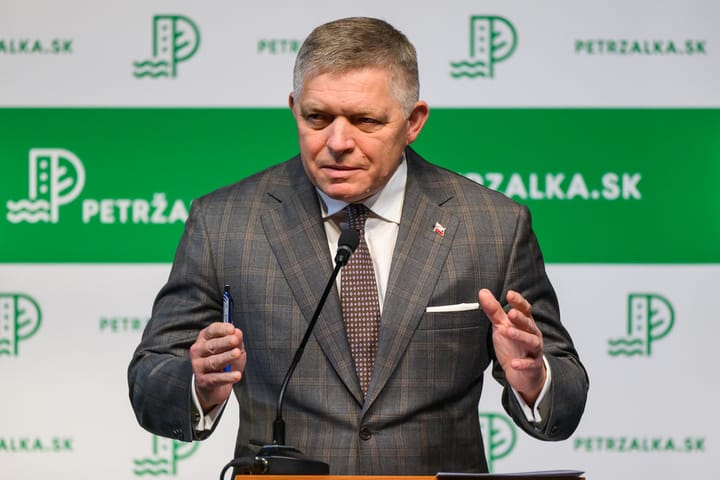Sterling: U.S. Has No Plans for Military Bases in Slovakia

Bratislava, April 12 (TASR) – We recognise Slovakia as an advanced parliamentary democracy with all of the important freedoms respected, U.S. Ambassador to Slovakia Adam Sterling said on the ‘CD Club’ discussion show on Tablet.tv.
He spoke in connection with the Reports on Human Rights Practices that the U.S. State Department prepares annually about every country in the world, being required to do so by the U.S. Congress.
Having said that, Sterling admitted that the report on Slovakia has identified certain areas of concern, which have to do with the “treatment of minorities, for example, the Slovak citizens of Roma heritage, issues of religion, the ability of Muslims to worship and register”.
He added that there are also “some rule of law concerns based on corruption in the judiciary and elsewhere in the government”.
Sterling also rejected notions that the U.S. may seek to undermine Slovakia’s sovereignty, attributing the source of such stories to Russian disinformation efforts. “The United States and Slovakia are allies, we are in NATO together, NATO is not a foreign institution, NATO is not a tool of the United States. We work together to protect the security of the alliance and the members of the alliance,” he said.
Slovakia isn’t home to any U.S. or NATO military bases, he said. “Slovakia has its own bases on its territory [and] they contribute to the alliance which we are both part of,” said the U.S. diplomat.
He also rejected claims that the U.S. is planning to build a military base in Slovakia. “The particular story that got attention recently had to do with the possibility that there will be U.S. money available to upgrade Slovak military airfields, for example in Sliac [Banska Bystrica region],” said Sterling.
Sterling also said that Slovakia and the U.S. have a “very strong” relationship and that the best way to describe it is by the countries being “friends, partners and allies”. According to Sterling, the level of friendship, which is underpinned by value, is the relationship’s fundamental part.
“I spend a lot of time talking around the country about things like our shared commitment to human rights, respect for minorities, the fight against extremism, rule of law, the fundamental values of our family of countries of western democracies,” he asserted.
He described the embassy’s role in part as “helping strengthen Slovakia’s capabilities to be an even stronger partner”.
“On the economic side, we support efforts to diversify Slovakia’s economy to more knowledge-based industries, to help the environment for start-ups and, also, we’re eager to help strengthen governance, to have a government that the citizens of Slovakia have the most possible confidence in,” he said.
In weighing in on U.S. foreign policy under the Trump administration and its position on the EU and NATO, Sterling made it clear that “the fundamentals have not changed”.
“Our view of Europe, our goal for a Europe whole, free and at peace has not changed, our commitment to NATO as the cornerstone of U.S. and European security has not changed, and our commitment to the EU as our central partner in the world has not changed,” he said.
Looking ahead, he gave assurances that “the fundamentals of our commitment to NATO and the EU are not going to change, that’s just part of the American DNA”.
The U.S. ambassador also recognised the importance of the relationship between the U.S. and Russia, adding that “we would like to see where we can work together to advance common priorities”.



